by Eric Umansky
ProPublica is a nonprofit newsroom that investigates abuses of power. Sign up to receive our biggest stories as soon as they’re published.
In the fall of 2022, the New York Police Department began posting videos online to promote one of its latest initiatives: the Community Response Team, an elite unit formed under the city’s new mayor, Eric Adams.
Punctuated by dramatic music and quick cuts, the first video, dubbed “True Blue NYPD Finest,” looked like the TV show “Cops.” Officers run and shout as they chase people joyriding on motorbikes and ATVs.
One points a Taser at a motorcyclist and his passenger. Others tackle a rider, pinning him to the ground. Still others chase a motorbike onto the sidewalk, endangering nearby pedestrians.
Within the NYPD, department officials were disturbed by what they saw. “I threw red flags,” said Matthew Pontillo, a former chief who noted what he called “constitutional concerns” in the footage. But Pontillo and two former department executives say that when they raised the videos and the officers’ conduct with one of the unit’s leaders, he pushed back and complained to an unlikely party: the mayor himself.
If Adams was troubled by the unit’s actions, he hasn’t shown it. Instead, for more than two years, the mayor has repeatedly championed the CRT and his allies who run it, even as NYPD officials have warned its policing has been too aggressive.
In 2023, for example, Pontillo wrote a scathing internal audit after finding that some CRT officers were wrongfully stopping New Yorkers and failing to document the incidents. Weeks later, the mayor took to Instagram to boost the unit. “Turning out with the team,” he wrote, showing a photo of him wearing a wide smile and khaki pants, CRT’s official uniform.
The mayor has been so closely connected to the unit, former senior officials said, that at one point he had special access to a livestream of the team’s body-worn cameras.
“The unit effectively reported directly to City Hall,” recalled a former top NYPD official with direct knowledge of the interactions, who, like others, spoke on the condition of anonymity because of fear of reprisal. “If you raised concerns, they would go directly to the mayor. All the time. It was insanity.”
In 2023, Mayor Eric Adams posted a photo of himself with the Community Response Team, in which he wore the unit’s uniform, khaki pants.
(Screenshot by ProPublica)
In a few instances, after getting a call from one of the unit’s leaders, the mayor questioned department lawyers who objected to officers’ actions, another former official recalled. In one case, the mayor demanded to know the name of the lawyer and asked whether they were stating the law or just their opinions. The CRT leader, Kaz Daughtry, then ignored the lawyer’s objections, the official said. (Daughtry said he always cooperated with department lawyers.)
The dynamic underscores a central irony around policing during the Adams administration: As a former police captain, Adams railed against the injustices of gung-ho policing; but as the mayor, he has embraced a unit that perpetuates it.
Within the department, Adams’ views are clear. “Our mayor has given us the mandate to start playing offense out here,” one of CRT’s other leaders, John Chell, told a local TV station in 2023, months after the promotional videos.
The CRT has played a central role in carrying out Adams’ public safety priorities, from breaking up college campus protests to cracking down on illegal motorcycles and shuttering unlicensed cannabis shops.
The fallout for New Yorkers has been significant.
An officer chasing unlicensed motorcyclists killed a rider after swerving into him, body-camera footage shows. A commander punched a driver and kicked him in the head, according to cellphone video posted to social media. Officers stopped a young man without apparent cause, according to the audit, and, when he complained, a supervisor slammed him into a car window.
Body-Camera Footage Shows CRT Officer Shoving Man Into a Car Window
(Body-camera video obtained by ProPublica)
Watch video ➜
The questionable conduct has sometimes extended into the bizarre. In November, a CRT officer repeatedly grabbed and squeezed a man’s genitals without searching him elsewhere, according to an investigation by the city’s Civilian Complaint Review Board that was obtained by ProPublica. Police then cited the man for littering.
“When you put your thumb on the scale, it tips the culture,” Pontillo said. “And that starts with the mayor.”
Adams declined to be interviewed for this story. A mayoral spokesperson provided a statement that said, in part, “While there is no one-size-fits-all approach to public safety and we are always working to improve operations, CRT has been an important addition to the NYPD’s mission to ensure community members are both safe and feel safe.” She added that the mayor has always instructed the team to follow the guidance of department lawyers.
ProPublica interviewed more than a dozen former and current members of the NYPD, reviewed internal department records and watched video footage of several police encounters.
As Adams faces calls to resign over federal corruption charges, our reporting provides a new window into how the mayor has wielded power — and whom he’s entrusted to carry out his vision for public safety.
Among them are Daughtry and Chell, longtime leaders of the CRT. The two are allies of the mayor and were photographed with him at a group lunch in Washington in January around President Donald Trump’s inauguration. An NYPD spokesperson said they were part of a department contingent that was there “to assist with security efforts.”
Within law enforcement circles, Chell and Daughtry have long stirred controversy.
Chell shot a young man in the back in 2008, killing him. He was not criminally charged and has denied any wrongdoing. Chell said he fired by accident, but a jury in a civil suit determined the shooting was intentional. He now holds the NYPD’s top uniformed position, where he oversees a wide swath of the department. (Chell did not respond to requests for comment.)
Daughtry has been found by the Civilian Complaint Review Board to have repeatedly engaged in misconduct, including for pointing a gun and threatening to kill a motorcyclist. Adams recently chose him to be deputy mayor for public safety, a role that will likely place him at the center of the city’s response to the Trump administration’s immigration crackdown. (Daughtry did not respond to questions about his record. When the New York Daily News reported on it in 2023, he said, “At the end of the day, we have a job to do.”)
Overall, more than half of the officers assigned to the CRT have been found to have engaged in misconduct at least once in their career, according to a ProPublica analysis of Civilian Complaint Review Board records. That compares with about 15% of officers across the NYPD. More than 40 have three or more cases of substantiated misconduct. The supervisor who shoved a man into the car window had 28.
“It’s not like they’re taking the best of the best,” said a current senior officer who spoke with ProPublica on the condition of anonymity because he was not authorized to comment publicly. “They’re grabbing a bunch of cowboys and just letting them loose on the city.”
A spokesperson for the NYPD touted the team’s record, saying it has confiscated nearly 4,000 motorbikes and ATVs, as well as hundreds of fake license plates and guns.
But even department leaders have at times found it hard to track the team’s work.
The 2023 audit of CRT, obtained by ProPublica, found that officers were going out on patrols even though they weren’t actually assigned to the team, making it difficult for commanders to track which officers were involved in particular actions. They were also frequently turning on their body-worn cameras too late to record full incidents, in violation of the patrol guide.
A recent report by a city watchdog slammed the unit for its secrecy. Citing a “lack of public transparency,” the report noted CRT has no required training or policies on officers’ conduct. “The absence of clear rules,” the report concluded, “limits NYPD’s ability to effectively oversee CRT.”
The NYPD spokesperson said Commissioner Jessica Tisch, who took office in November, is making changes. Among them, Tisch ordered hundreds of officers to return to their assigned units. “She will continue to review the department, including CRT, and make any changes necessary to ensure accountability and strengthen our ability to fight crime,” the spokesperson said.
A Unit “Acting Recklessly”
CRT Officer Drove Into Motorcyclist Samuel Williams
(Body-camera video obtained and edited by ProPublica)
Watch video ➜
Samuel Williams died in 2023 after an encounter with the CRT that lasted about a second.
It was Memorial Day weekend, and the Bronx man had gone riding on his motorbike after feeding his 6-year-old daughter breakfast and kissing her goodbye. He was crossing the University Heights bridge when CRT officers driving in the opposite direction spotted him.
Unlicensed motorcyclists joyriding in the city have long been a nuisance to New Yorkers and of particular concern to Adams. “We need to hold these drivers accountable,” Adams said when first running for mayor.
That day on the bridge, CRT officer Raymond Perez decided to take drastic action. Body-camera footage shows that he swerved his unmarked police car across the yellow line and into oncoming traffic, hitting Williams head-on and sending him flying through the air.
Officers found Williams splayed across the hood of a nearby car, suffering horrific injuries. His right leg was bent unnaturally — the tibia so badly broken it pierced his jeans, according to a report from civilian investigators.
In the body-camera footage, Williams can be heard screaming in pain. “Why would you all hit me?” he asks between moans. “For a fucking dirt bike, are you serious?” Williams begged the officers for help. Instead, they pushed him against the car hood and handcuffed him.
Williams, seen here with his daughter, died after CRT officer Raymond Perez hit the motorcycle he was riding head-on.
(Courtesy of the Williams Family)
Perez did not respond to requests for comment, but the NYPD previously said the officer was trying to pull Williams over.
Williams’ mother, Joyce Fogg, soon got a call that there had been an accident and her son was in the hospital. When Fogg arrived, she found police guarding Williams’ door and refusing to let anyone in. “They didn’t want nobody talking to him,” Fogg said.
By the time Williams’ sister, Sha-Sha Prince, was allowed into the room, she recalled, “he was covered in a sheet.”
After an autopsy, the New York medical examiner listed Williams’ cause of death as “complications following blunt injuries.”
His family never heard from anyone at the NYPD. They did, however, get a bill from the city demanding $3,429.23 for the damage Williams caused to the police car when officers ran into him. (The bill was rescinded after the news organization The City reported it.)
The family is now suing the city and the police. “It was CRT doing what they do, acting recklessly, and Sammy is not with us today as a result,” said their lawyer, Jaime Santana. (In a response to the suit, the city said Williams’ “culpable conduct caused or contributed, in whole or in part,” to his injuries.)
The NYPD said Perez, as punishment, had forfeited 13 days of vacation. The department’s website shows the officer is still with the CRT.
“We Will Avoid Mistakes of the Past”
Adams has not always embraced aggressive police units. About 25 years ago, he launched a campaign to shutter one after its officers fired 41 shots at an unarmed man named Amadou Diallo. The killing was just the latest in a long trail of violence and abuse by the so-called Street Crimes Unit. Its motto was “We Own The Night.”
At the time, Adams was a 38-year-old NYPD lieutenant and leader of a group of Black officers that spoke out against police brutality.
To bring attention to the abuses, Adams orchestrated City Council testimony by a disguised officer who had been in the unit.
He sat next to the officer as she laid out a pattern of rampant racism. The NYPD fired the officer an hour after her testimony. But Adams kept up his campaign, and the unit was eventually closed.
Adams, right, at a City Council hearing in New York in 1999 when he was a 38-year-old NYPD lieutenant. He orchestrated the testimony of a disguised officer, center, from the Street Crimes Unit who spoke about racism within the unit.
(Librado Romero/The New York Times/Redux)
In the years that followed, Adams continued to push for change. He gave key testimony in a historic lawsuit that challenged the NYPD’s use of a tactic known as stop-and-frisk, where officers were stopping, questioning and frisking residents without reasonable suspicion. After the murder of George Floyd in 2020, Adams spoke powerfully about how police leadership needs to step up. “We have to create a culture of zero tolerance,” Adams said. “That accountability really starts at the top.”
But Adams had a different focus when he ran for mayor a year later. Amid concern over rising crime, Adams positioned himself as a former officer who would keep New Yorkers safe. One of his main proposals was to take guns off the streets by bringing back a refashioned Street Crimes Unit. “We should not throw out the baby with the bathwater,” Adams said. “We can do it right.”
After he took office, Adams announced the creation of new roving anti-crime units. “We will avoid mistakes of the past,” Adams said at a press conference. “These officers will be identifiable as NYPD, they will have body cameras and they will have enhanced training and oversight.”
The units were dubbed Neighborhood Safety Teams, and officers in them did get more oversight.
But a few months later, Daughtry, Chell and another Adams ally created the CRT. The unit was essentially off the books — it had never gone through the NYPD’s process for creating teams, there was no announcement at its debut and many of its members weren’t formally assigned to the group.
“It was one of those teams where everyone is a ghost,” said Pontillo, the former chief.
Even top NYPD officials were kept in the dark. When they eventually learned of the CRT’s existence, they were befuddled, noting the launch of the similar much-publicized effort at nearly the same time. “What’s the difference between NSTs and CRTs?” said one of the former NYPD officials. “If you can answer that, lemme know.”
CRT Commander Punched Unarmed Driver and Kicked Him in the Head
(Cellphone video obtained by ProPublica)
Watch video ➜
Operating in the Shadows
The CRT began to make waves after the department started posting videos in the fall of 2022. In one 38-minute spot, Chell described how the team was created to address so-called quality-of-life issues, such as unlicensed motorbikes and ATVs.
“We attacked quality of life,” Chell says. “Our Community Response Team was all over the city of New York. And I’ll tell you this, it’s been highly, highly successful.” As he speaks, the video shows roughly a dozen CRT members, with Adams standing in the middle.
A still from a CRT promotional video showing Adams standing among members of the team.
(NYPD)
By the spring of 2023, it was not only NYPD officials who were asking questions. Pontillo, a top department oversight official at the time, said the federal monitor’s office charged with overseeing the NYPD’s use of stop-and-frisk called him to ask about the CRT. Pontillo told ProPublica that he went to Chell, who told him, wrongly, the team was only a short-lived experiment.
“There was an effort to conceal the reality and conduct of CRT,” Pontillo recalled.
Neither Chell nor the NYPD responded to questions about the exchange.
Another instance of secrecy involved body-worn cameras. Early in 2023, the team had purchased new models that allowed users to send live feeds to select individuals — including the mayor — but unit leaders had not informed others at the NYPD, according to an official’s notes from the time.
For weeks, videos from the new cameras were not stored in the NYPD’s main database for footage, rendering it invisible to the department lawyers responsible for sharing evidence in criminal and civil cases. “Footage wasn’t being produced for discovery,” recalled one former department executive. “We lost our minds.”
Jerome Greco, head of digital forensics at Legal Aid Society, said failing to turn over the footage “could get cases dismissed. It could have significant consequences, and frankly it should.”
It was after the body-camera issue that Pontillo wrote his audit of CRT, which flagged the team’s aggressive policing. Adams’ first police commissioner, Keechant Sewell, ordered commanders to gather and discuss it. But the conversation didn’t go far.
After meeting with the mayor that same day, Sewell resigned with no explanation. She did not respond to requests for comment for this story. But a former official close to her said she had grown tired of being undermined by Adams and his deputies.
“I don’t think Sewell resigned because of CRTs,” the former official said. “But it was another thing on the list.”
As for Pontillo, he said he was offered a choice: be demoted five ranks or retire. He chose the latter. The NYPD has not commented. The department previously told the news organization The City that leadership changes are common when a new commissioner arrives, as happened here.
CRT members, in their trademark khakis, breached Hamilton Hall at Columbia University on April 30, 2024.
(Caitlin Ochs/Reuters)
Mayoral Priorities
Over the past year, the CRT’s actions have often reflected the mayor’s priorities.
Last spring, for example, Adams became the public face of opposition to demonstrations at Columbia University over the war in Gaza. Blaming “professional outside agitators,” he said, “This must end now.” That night, khaki-wearing CRT officers led the way in breaching a building that had been barricaded by protesters. The NYPD made a video of the operation, set to dramatic music.
Days later, the mayor announced a new initiative to close down unlicensed cannabis shops. The CRT was again at the forefront of the operation.
Surveillance footage from one store shows officers jumping over the counter to grab and arrest the shopkeeper after he had asked to see a court order. “When a cop tells you to do something, you fucking do it,” one officer said.
It is difficult to tally the number of civilians who have had these types of encounters with the CRT. The NYPD does not disclose data about the team, as it does for most other units.
But over the past two years, New Yorkers have filed at least 200 complaints of improper use of force by CRT members, according to Civilian Complaint Review Board records obtained by ProPublica. Among them was the incident with Williams, the motorcyclist who died. The similarly sized Neighborhood Safety Teams had about half as many complaints.
Others have also been hurt by the team’s high-risk tactics. About a month after police ran into Williams, Daughtry and other officers pursued an alleged car thief into New Jersey, according to an internal report. Daughtry turned his car on the road in an attempt to block the driver, who slammed into it. The man was seriously injured after he fled the scene and jumped over the side of the highway.
The report noted that Daughtry did not have his camera on during the chase.
Kaz Daughtry was just tapped to be Adams’ deputy mayor for public safety.
(Hiroko Masuike/The New York Times/Redux)
Chuck Wexler, who has studied chases as head of the nonprofit Police Executive Research Forum, said Daughtry and the others shouldn’t have even started a pursuit. Given that there hadn’t been a violent crime, Wexler said, “why would you engage in a high risk chase that puts officers and civilians in danger?”
Neither Daughtry nor the NYPD responded to questions about the incident.
Tisch, the new commissioner, ordered officers in January to curtail chases. Meanwhile, Daughtry has not been punished, according to disciplinary records.
Instead, he was promoted in July 2023, about two weeks after the chase, for what his official bio described as his “significant contributions as a leader and trailblazer.”
“Let me tell you,” Adams said at a press conference last November, “Deputy Commissioner Kaz Daughtry, you don’t realize how much this young man has really changed the game of policing in this city.”
In January, asked by an interviewer on YouTube about Daughtry, the mayor said: “Love Kaz, man.”
Daughtry, just named as a deputy mayor, regularly boasts on social media about the CRT. One Instagram post from last summer showed dozens of officers posing in Central Park. “Your Community Response Teams own the night,” Daughtry wrote. It was an echo of the motto of the street crime unit that Adams had once fought to shutter.
Do You Have a Tip for ProPublica? Help Us Do Journalism.
Do you have information about the NYPD or policing that we should know? Contact Eric Umansky at eric.umansky@propublica.org or securely on Signal at EricUmansky.04.
This content originally appeared on ProPublica and was authored by by Eric Umansky.
This post was originally published on Radio Free.



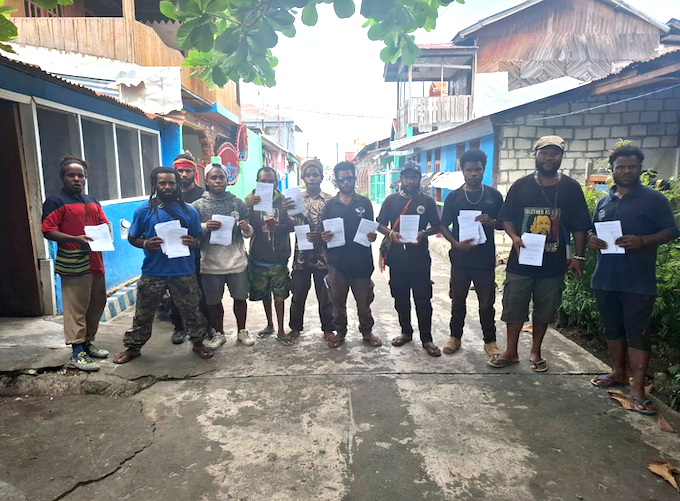


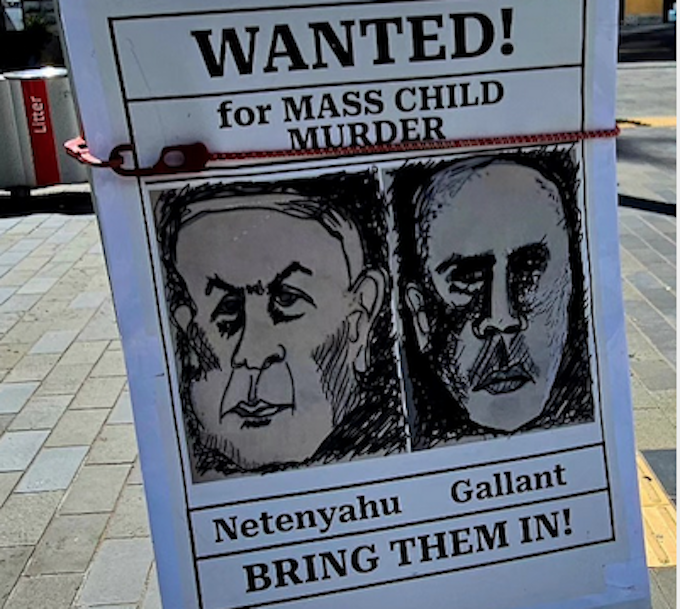
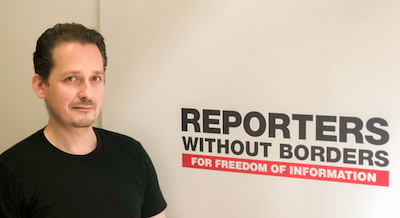




![The Able U.S. nuclear test at Bikini Atoll in the Marshall Islands, pictured July 1, 1946. [U.S. National Archives]](https://media.rnztools.nz/rnz/image/upload/s--qg602gCG--/ar_16:10,c_fill,f_auto,g_auto,q_auto,w_1050/v1728597147/4KIHF8M_marshalls_un_1_jpeg?_a=BACCd2AD)



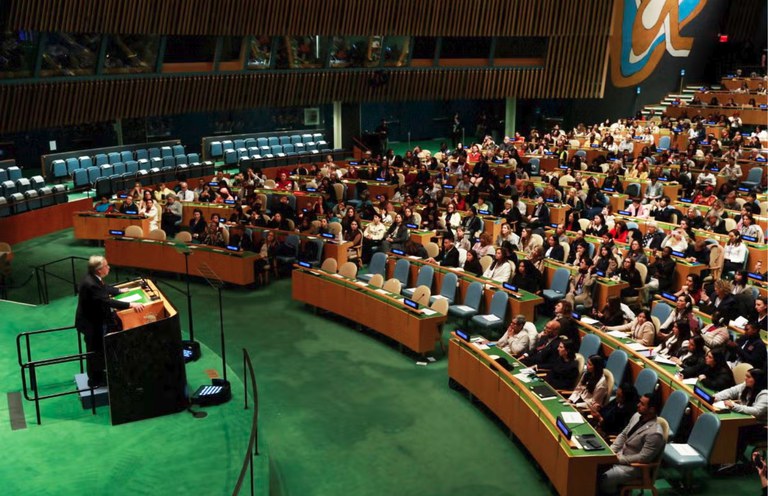
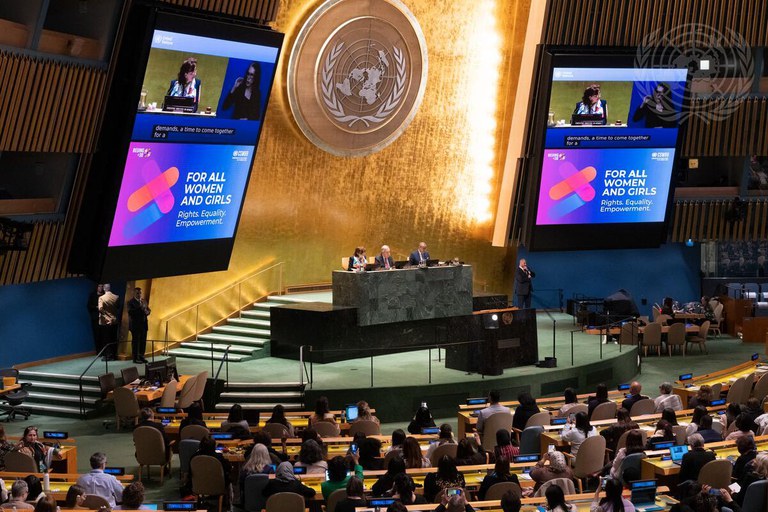



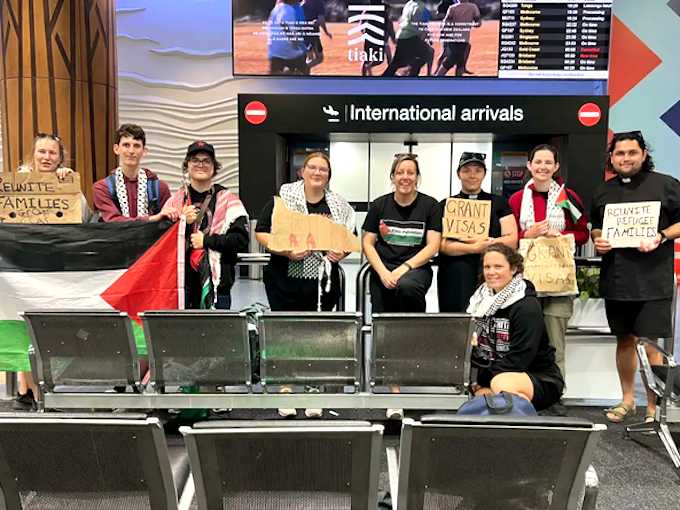



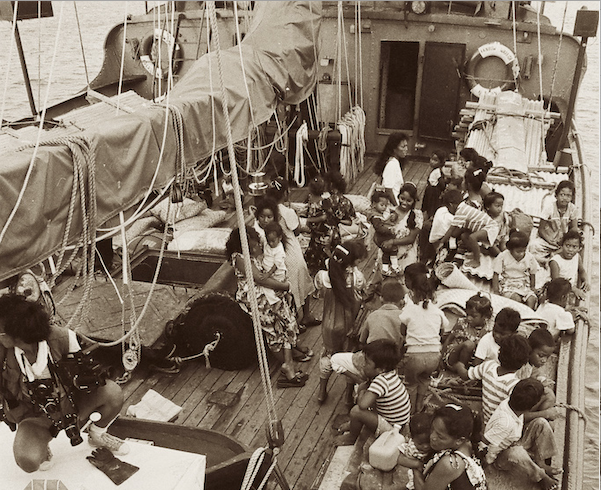
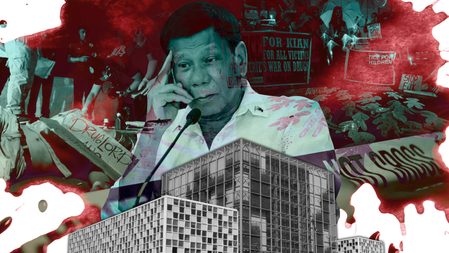


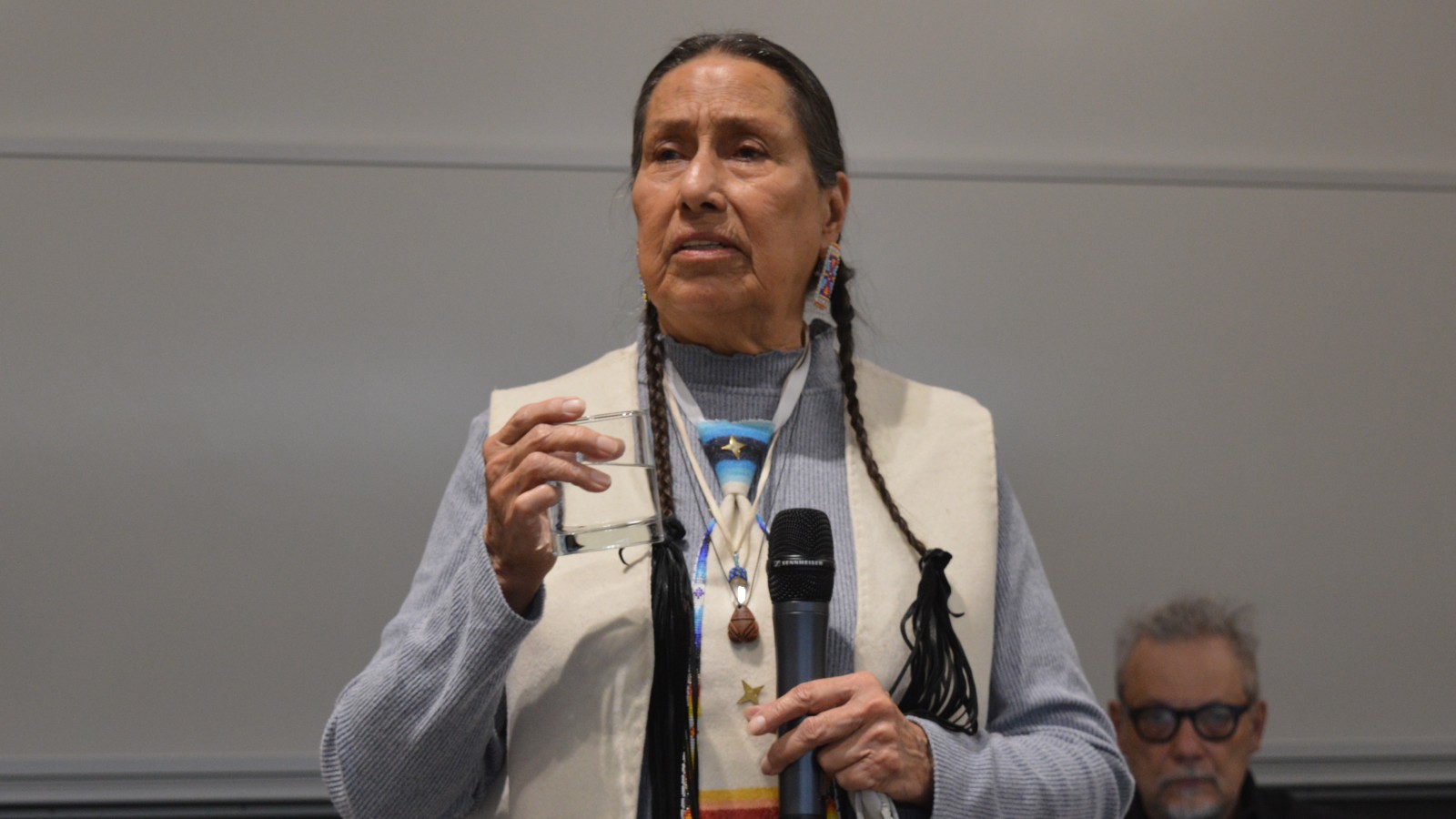
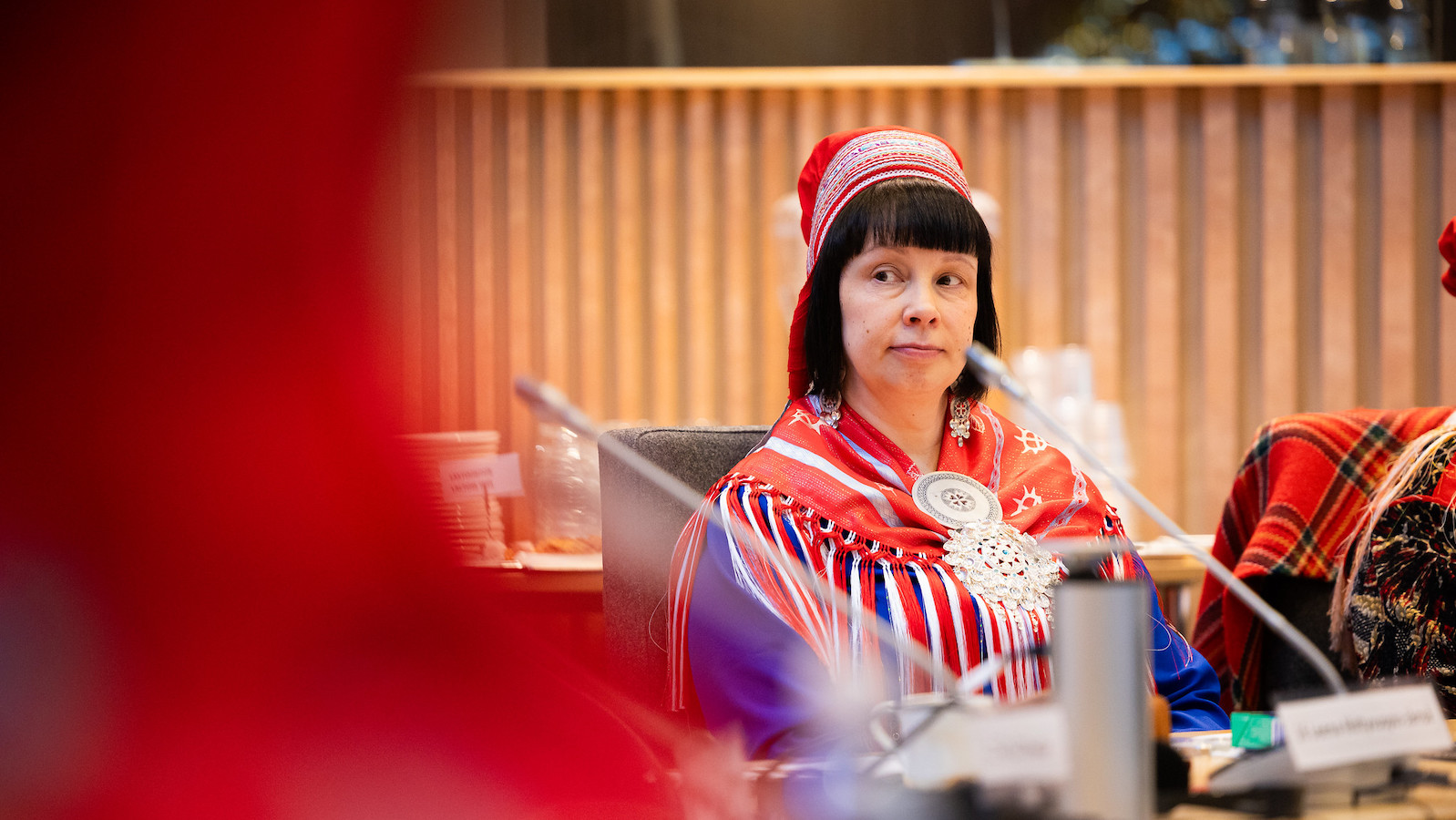
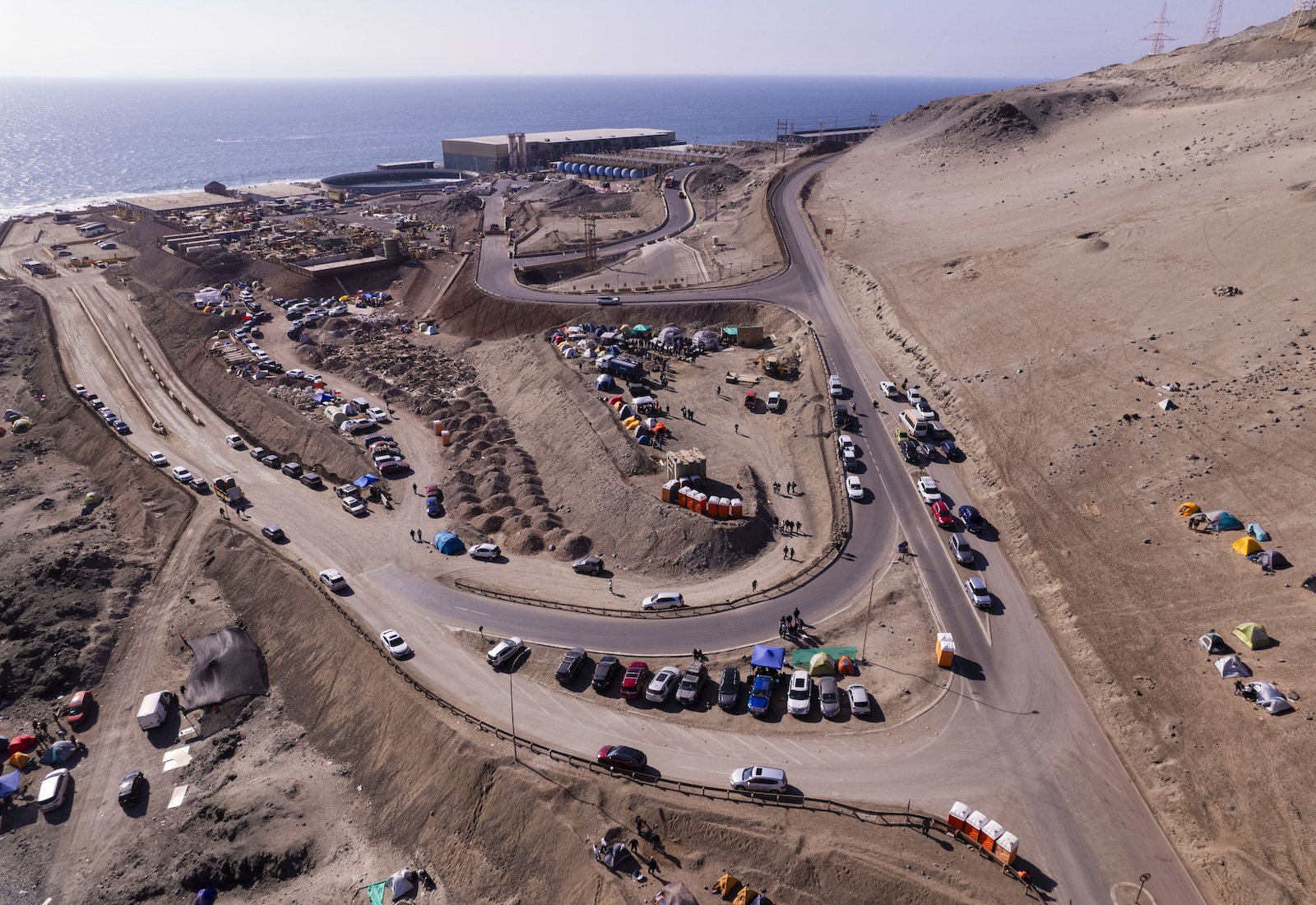
 GENOCIDE ALERT!
GENOCIDE ALERT!